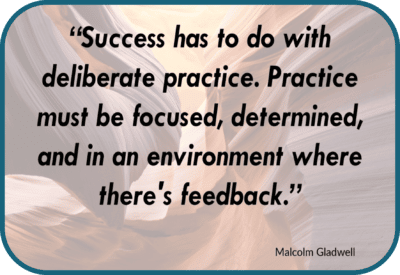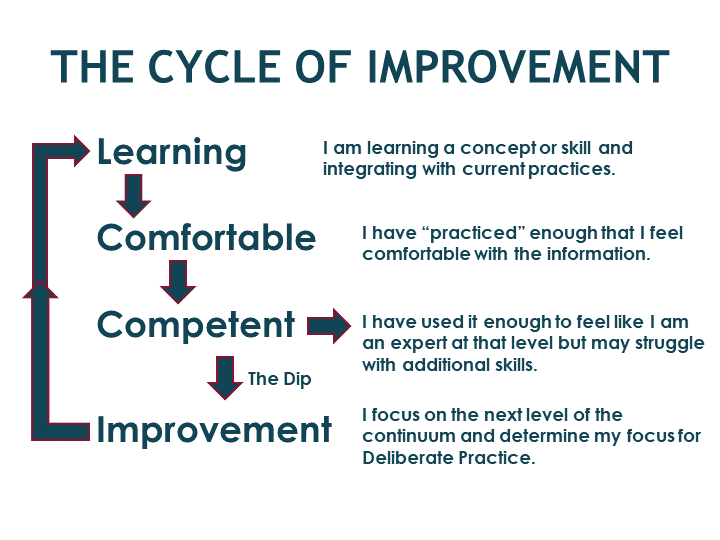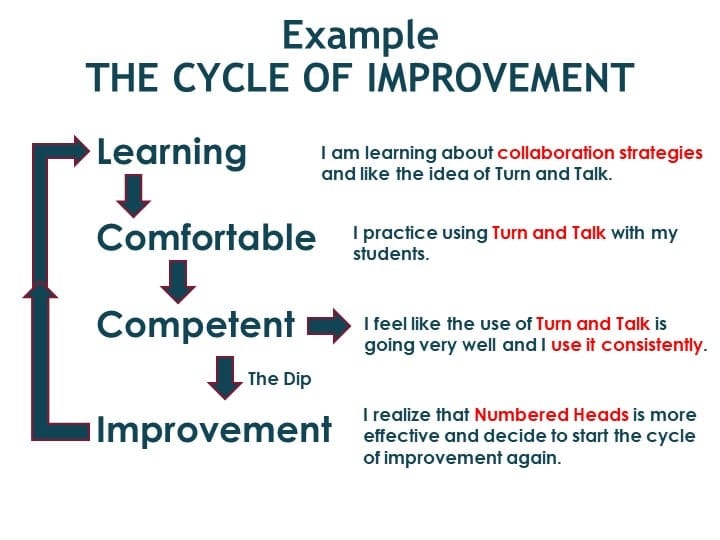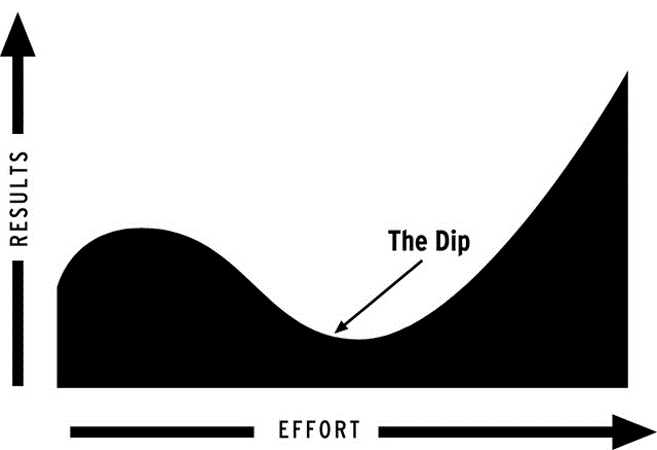Developing Teacher Expertise – The Obstacle and Opportunity
June 29, 2022 July 25, 2022
Educators: What Makes You An Expert?
It is a common practice to think about your journey and wonder how you got to where you are today.
The skills you’ve developed and the strategies you use with your students determine your teaching expertise. It is important then, to consider, at what point are you an expert of a particular skill or strategy?
To answer that question, we need to first determine, What is an Expert?
The term “expert” is used as a label in numerous situations and is interpreted differently depending on the situation. Anders Ericsson, the author of Peak: Secrets from the New Science of Expertise, clarifies the concept of being an expert: “Learning isn’t a way of reaching one’s potential but rather a way of developing it because excellence demands effort and planned, deliberate practice of increasing difficulty.” To strive to be an expert is to focus on consistent improvement that involves learning and putting what you learn into practice. Now that we understand what “expert” means, how do you become an expert?
The Cycle of Improvement
The process of improving is broken down into steps that we cycle through as we develop our potential to become an expert.

Applying the Cycle of Improvement
In education, there are numerous skills and strategies that have a continuum of effectiveness. One example is the planning and use of collaboration strategies within the classroom. It is generally agreed that it is important to incorporate student talk to help facilitate learning. What is often overlooked is that not all forms of collaboration have equal impact. For example, the collaboration strategy of Numbered Heads is a more effective way to engage students in thinking than Turn and Talk. The Numbered Heads strategy focuses on labeling students as a “one” or “two” and asking each numbered student to complete a task. It ensures that every student thinks about the concept and actively participates in the lesson. Below is an example how the Cycle of Improvement is applied to becoming more of an expert on collaboration strategies.

The Expert Journey
Since we know how to become an expert in a skill or strategy, why is it common practice to stop developing, sometimes even giving up? Why do you become an expert of some skills and strategies and not others? Why does the effort needed to achieve success fizzle out? Why do we embrace comfort over challenge?
In 2007, author Seth Godin published a book called “The Dip.” What does this have to do with becoming an expert? Seth Godin puts it best, “almost everything in life worth doing is controlled by the Dip.”
You see, the continuum of becoming an expert on something isn’t a flat, steady path. There are struggle points, and often one so major that you’ll decide whether to even continue on the path or give up. Seth Godin describes this phenomenon as “The Dip”.

When you first start something new, if it is important to you, you will increase the effort you put into it because you are experiencing new and exciting results. The increase in effort is also relative to the value you have placed on the skill or strategy. It is easy to stay focused and engaged in something new, but then The Dip happens. The Dip is mainly driven by your mindset and how you are going to approach the challenges of deliberate practice to continue on the path to expertise.
When The Dip occurs, people will settle for their current level of proficiency, discard the skill or strategy, or embrace the challenges needed to continue on the path to expertise. In education, we typically experience this through cycles. As a first-year teacher, I would often hear more experienced teachers say “I remember this, we did this years ago.” It wasn’t long before I understood what they meant as I sat through a similar training for the second time. Individually, we have experienced this when we learn a new skill or strategy and we want to get good at using it, but then the excitement of the strategy wears off (“The Dip”), we don’t get the results we want, and we either stop using it altogether or we use it occasionally at a lower proficiency level.
To reach teaching expertise, you have to “lean” into The Dip. You will need to embrace the challenges, push harder, and adapt as you go. Just because you are in The Dip, does not mean you should give up or just stay there. Experts don’t stop with the acquisition of information; they focus on moving through the continuum toward the greatest impact.
Teaching Expertise Requires Leaning Into The Dip
Every teacher has experienced both giving up and sticking on the path to becoming an expert in something. The first time that this happened to me was as a third-year science teacher. Our Assistant Superintendent came to our middle school to do a presentation on the importance of vocabulary. At the end of the presentation, he stated that we all should focus on teaching 2 to 3 vocabulary terms each day. At that moment, I realized that I wasn’t sure how to do that. I spent the first part of the year reading, attending, and learning as much as I could about vocabulary instruction. I eventually got trained as a Learning-Focused Trainer in Vocabulary (my first introduction) and started supporting all of the teachers at my school. Upon reflection, I understand now that I didn’t stay comfortable with just using a Frayer and Word Map, I decided to focus on moving through the continuum to a greater impact. I leaned into The Dip.
So I ask, is the effort you put into using high-impact strategies equal to the effort that is needed to be considered an expert? Can you identify where you are on your path to skills and strategies teaching expertise? Understanding The Dip is the secret to your success. Investing the attention and effort needed to power through (lean into) The Dip will enable you to progress along the continuum of implementation. Understanding your mindset and how to break through The Dip are important steps for advancing along your path of becoming an expert.
